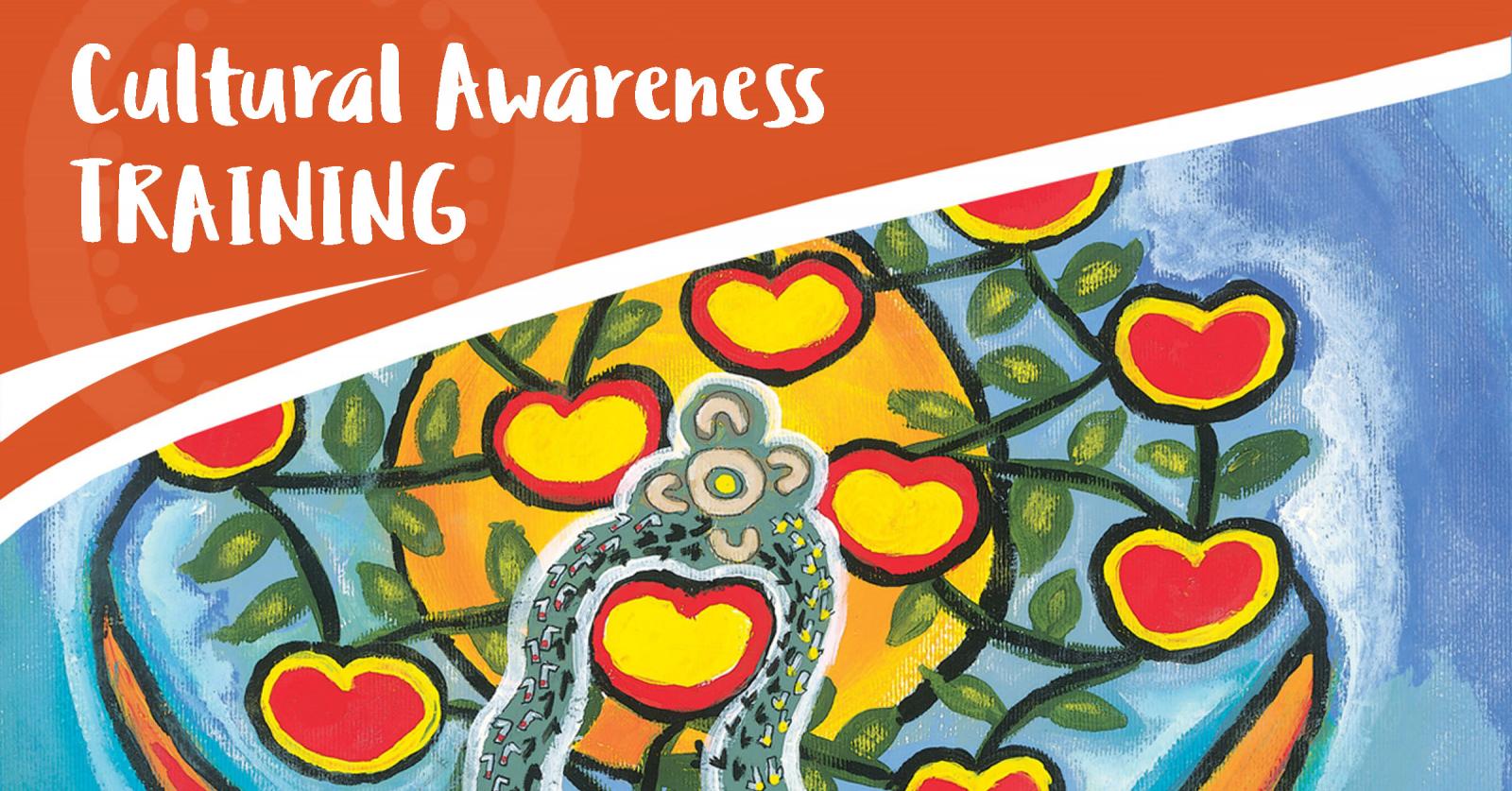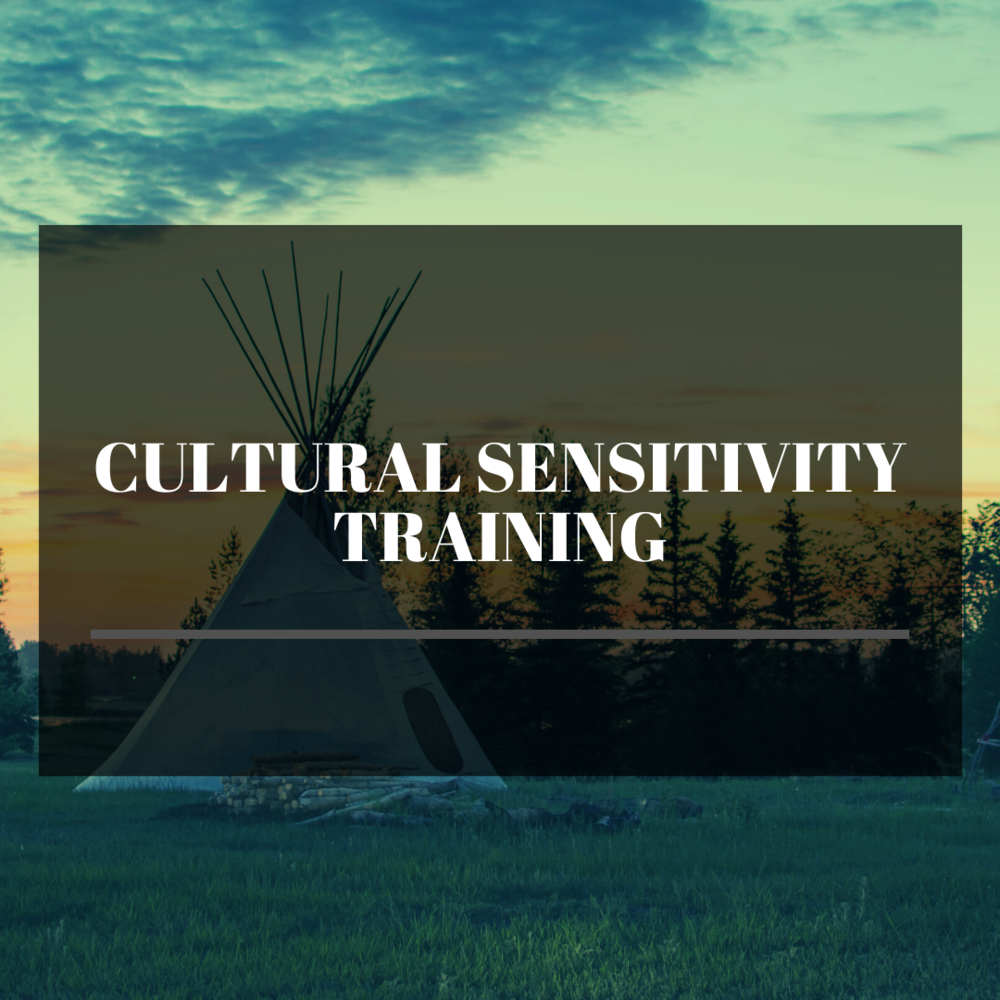
Bridging Divides: The Transformative Power of Indigenous Cultural Sensitivity Training
In an increasingly interconnected yet often fractured world, the imperative to understand and respect diverse cultures has never been more critical. For many nations grappling with the legacies of colonialism, this understanding begins with their Indigenous peoples – the original inhabitants whose cultures, languages, and ways of knowing have shaped the very lands we inhabit. Indigenous Cultural Sensitivity Training (ICST) has emerged as a vital tool in this journey, moving beyond mere politeness to foster deep respect, understanding, and ultimately, reconciliation. It is not just a corporate buzzword or a box-ticking exercise; it is a profound educational experience designed to dismantle systemic biases, foster empathy, and build bridges towards a more equitable and just future.
The need for ICST stems from a long, painful history. For centuries, Indigenous peoples across the globe have endured colonization, land dispossession, forced assimilation, and systemic discrimination. From the residential schools in Canada and the Stolen Generations in Australia to the suppression of languages and spiritual practices in the United States and elsewhere, the impacts of these policies have been devastating and continue to reverberate through generations. This historical trauma manifests today in significant disparities in health, education, economic opportunities, and disproportionate rates of incarceration. Without an understanding of this context, non-Indigenous individuals and institutions risk perpetuating harm, however unintentionally.
Beyond Superficiality: What ICST Truly Entails
At its core, ICST is about far more than learning a list of "do’s and don’ts." It’s about cultivating a profound shift in perspective. As Dr. Anya Sharma, an anthropologist specializing in Indigenous relations, notes, "Cultural sensitivity is not merely about avoiding offense; it is about actively fostering an environment where Indigenous peoples feel safe, seen, and valued for their unique contributions and inherent sovereignty."
Effective ICST programs delve into:

-
Historical Context and Trauma-Informed Approaches: Participants learn about the specific colonial histories of the Indigenous peoples in their region, including treaties (or lack thereof), land claims, and the lasting impacts of policies like residential schools or forced removals. A trauma-informed approach recognizes that many Indigenous individuals carry intergenerational trauma, and understanding this is crucial for effective engagement.
-
Indigenous Worldviews and Knowledge Systems: These trainings introduce participants to diverse Indigenous philosophies, spiritual beliefs, governance structures, and deep connections to land. They emphasize the richness and resilience of these cultures, often highlighting the value of oral traditions, consensus-based decision-making, and holistic approaches to well-being that contrast sharply with Western paradigms.
-
Systemic Racism and Unconscious Bias: Participants are encouraged to reflect on their own biases and how systemic racism operates within institutions and society. This often involves uncomfortable self-reflection but is essential for dismantling the invisible barriers that impede equitable relationships.

-
Protocols and Etiquette: While not the sole focus, understanding appropriate protocols for engaging with Indigenous communities, elders, and knowledge keepers is a practical outcome. This includes proper introductions, gift-giving practices, and respecting spiritual ceremonies.
-
The Concept of Self-Determination and Sovereignty: A key principle in Indigenous rights, ICST educates participants on the importance of Indigenous self-determination – the right of Indigenous peoples to govern themselves and manage their own affairs, including lands, territories, and resources, as enshrined in the UN Declaration on the Rights of Indigenous Peoples (UNDRIP).
Who Benefits and Why It’s Crucial Across Sectors
While ICST is beneficial for anyone living or working in a territory with Indigenous populations, its importance is particularly acute in specific sectors:
-
Healthcare: Indigenous peoples often face significant health disparities and mistrust of the mainstream healthcare system due to historical abuses and ongoing discrimination. ICST for healthcare professionals is vital for providing culturally safe care, understanding traditional healing practices, and addressing the social determinants of health. As the Canadian Truth and Reconciliation Commission (TRC) Call to Action #22 states, "We call upon those who can effect change within the Canadian healthcare system to recognize the value of Aboriginal healing practices and use them in the treatment of Aboriginal patients in collaboration with Aboriginal healers and Elders where requested by Aboriginal patients."
-
Education: Educators need ICST to create inclusive learning environments, incorporate Indigenous knowledge into curricula, and support Indigenous students effectively. Understanding different learning styles and the importance of family and community connections can transform educational outcomes.
-
Government and Public Service: Public servants are often the face of government interaction with Indigenous communities. Training ensures that policies are developed and implemented with Indigenous perspectives in mind, fostering meaningful consultation and co-creation of solutions rather than top-down directives. The TRC Call to Action #57 specifically calls upon federal, provincial, territorial, and municipal governments to provide education on the history of Aboriginal peoples, including the history and legacy of residential schools, UNDRIP, treaties, and Aboriginal rights, for all public servants.
-
Business and Industry: For corporations operating on or near Indigenous lands, ICST is not just good ethics; it’s good business. Respectful engagement, adherence to principles like Free, Prior and Informed Consent (FPIC), and genuine partnership can lead to sustainable economic development, avoid costly disputes, and enhance corporate social responsibility. The TRC Call to Action #92 urges corporations to adopt UNDRIP as a framework for reconciliation and to ensure Indigenous peoples have equitable access to employment, training, and education opportunities.
-
Justice System: Indigenous peoples are vastly overrepresented in justice systems worldwide. ICST for police, lawyers, judges, and corrections officers is critical for understanding the systemic factors contributing to this disparity, promoting culturally appropriate justice responses, and moving towards restorative justice models.
Challenges and Best Practices
Implementing effective ICST is not without its challenges. Some participants may exhibit resistance, viewing the training as "woke" ideology or an accusation of personal racism. Others might approach it as a mere compliance exercise, ticking a box without internalizing the lessons. Tokenism – where a single training session is seen as the solution to complex systemic issues – is also a risk.
To counteract these pitfalls, best practices emphasize:
-
Indigenous-Led and Developed: The most impactful trainings are designed and delivered by Indigenous elders, knowledge keepers, and educators. This ensures authenticity, cultural accuracy, and direct experience.
-
Experiential and Interactive: Moving beyond lectures, effective ICST incorporates storytelling, group discussions, role-playing, and even land-based learning, fostering deeper engagement and empathy.
-
Ongoing and Integrated: Cultural sensitivity is not a one-time event. It requires continuous learning, regular refreshers, and integration into organizational policies, procedures, and daily practices.
-
Context-Specific: While universal principles exist, training should be tailored to the specific Indigenous nations and communities within the region where participants live and work.
-
Focus on Relationships: Ultimately, ICST aims to build meaningful, respectful relationships based on trust and mutual understanding. It encourages participants to move beyond abstract concepts to engage with Indigenous individuals and communities directly. As Elder Margaret Whitefeather, a veteran educator, often states, "The biggest challenge isn’t the training itself, but the willingness of individuals and institutions to truly engage and commit to sustained change, to walk alongside us, not just ahead of us."
A Path Towards Reconciliation
Indigenous Cultural Sensitivity Training is more than just education; it is an act of reconciliation. It is an acknowledgment of past wrongs, a commitment to understanding, and a proactive step towards building a future where Indigenous peoples’ rights, cultures, and contributions are not just tolerated but celebrated and deeply respected. By fostering a deeper awareness of the rich tapestry of Indigenous cultures and the enduring impacts of colonialism, ICST empowers individuals and organizations to become agents of positive change. It invites us all to step out of our comfort zones, challenge our assumptions, and embrace a path of mutual learning and genuine partnership – a path that ultimately strengthens the fabric of society for everyone. The journey towards reconciliation is long, but through education and empathy, we can begin to truly bridge the divides and forge a shared future rooted in justice and respect.

